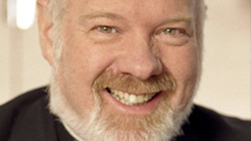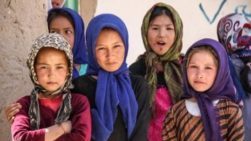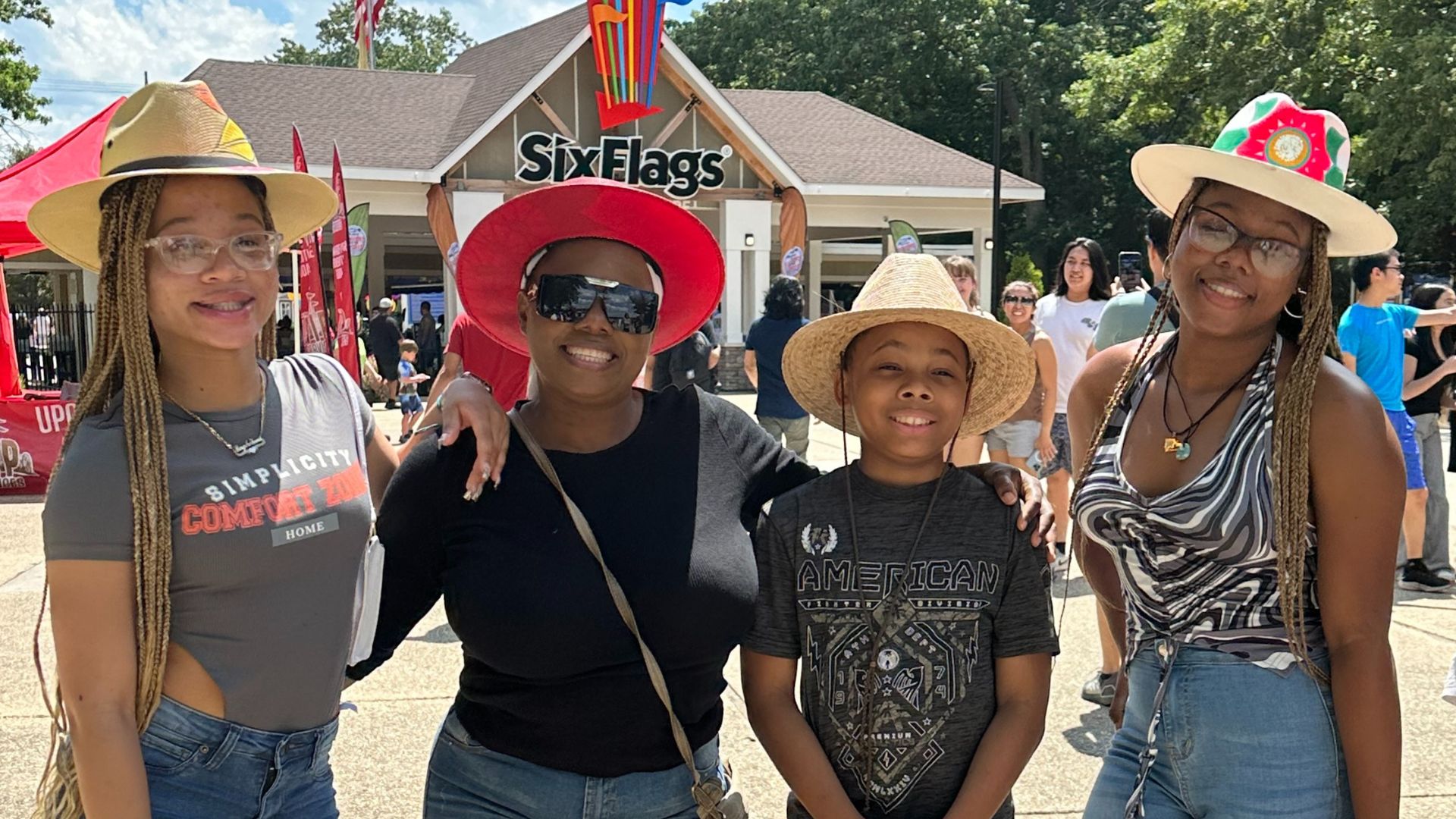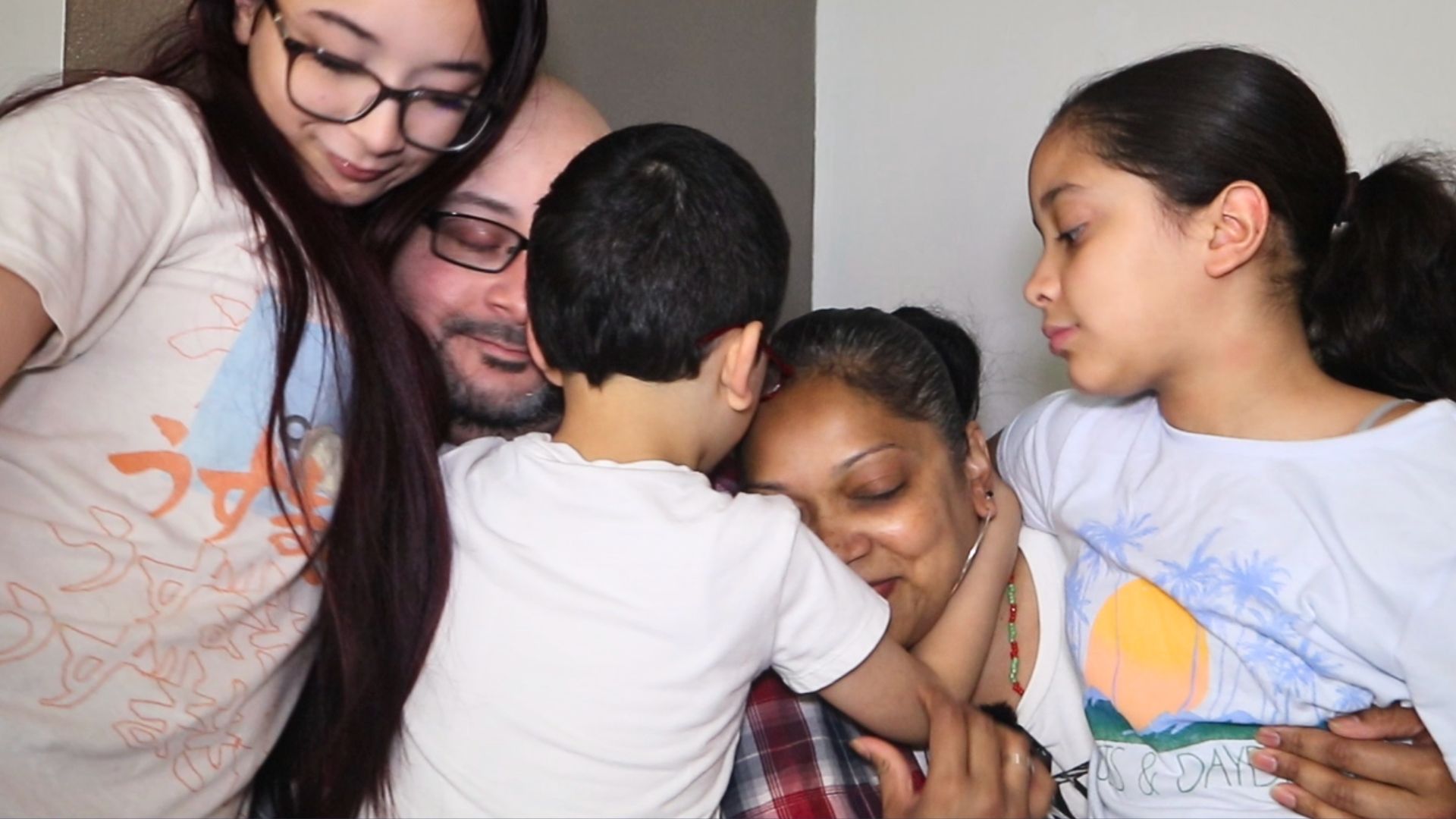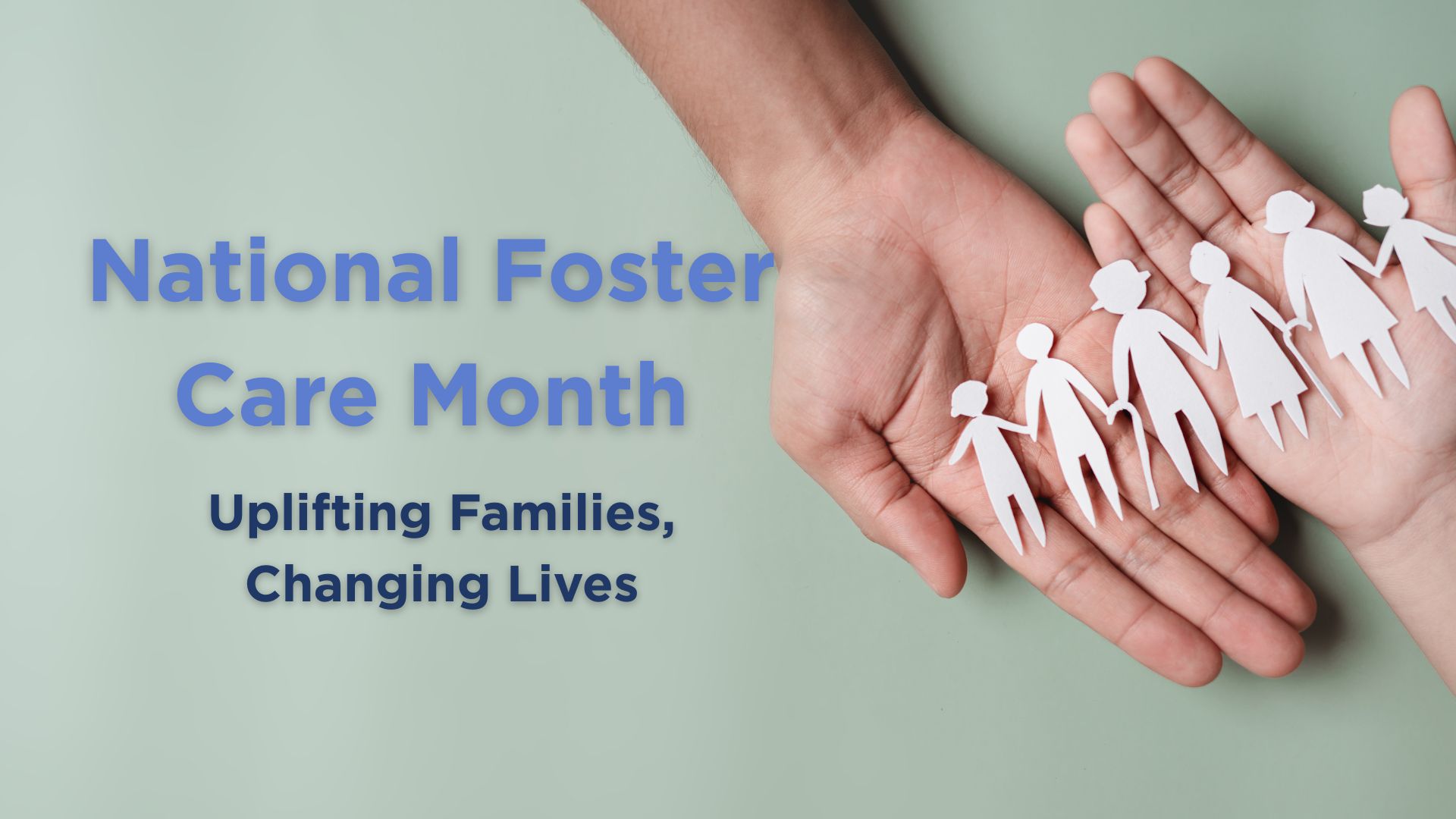George Horton and Tom Dobbins, Catholic Charities social justice advocates, cautioned that Martin Luther King Jr.’s legacy is not “sanitized” as America prepares to celebrate his 94th birthday on the holiday which this year falls on Jan. 16.
Dr. King was born on Jan. 15, 1929, in Atlanta.
“He was about justice,” said George, Director of Social and Community Development for Catholic Charities of the Archdiocese of New York.
Dr. King invoked what he described as “the fierce urgency of now,” noted Tom, Director of Social and Parish Engagement. While food distributions and volunteer service are valuable, the two agreed that Dr. King’s message went further.
“People don’t have the luxury of time. There has to be an urgency to what we do,” said Tom, who was among those who participated in the 2013 Catholic Charities-sponsored pilgrimage on the 50th anniversary of the March on Washington which culminated in Dr. King’s “I Have a Dream” speech.
People don’t have the luxury of time. There has to be an urgency to what we do.

The “fierce urgency of now” presented itself to Catholic Charities this summer, said Tom, as migrants seeking shelter arrived unannounced and as Catholic Charities responded to their immediate needs.
Dr. King also spoke of developing the “beloved community,” a concept that Catholic Charities promotes, said George, who has worked more than four decades for the organization and will retire at the end of this month. He was in the U.S. Army’s officer training school when Dr. King was killed in 1968. He remembered being aware of Dr. King and the civil rights movement, but only later would the extent of that legacy make an impact on his life. Through George’s career at Catholic Charities, he has attempted to nurture the ideal of the “beloved community,” an effort to draw together all people in a common vision rooted in justice.
The ‘fierce urgency of now’ presented itself to Catholic Charities this summer.
George’s future wife, Carolyn, was at an event at Riverside Church in Manhattan when news of Dr. King’s assassination was announced. She immediately took a plane to Atlanta to attend the funeral.
The two also noted that Dr. King:
- Was a religious man, a minister, who rooted his campaign for justice in the Gospel. For Christians, said George, working for justice “is not just a nice thing to do. It is a command.”
- Was invoked by Pope Francis as one of four great Americans singled out in his address to Congress on Sept. 24, 2015 (the others were Abraham Lincoln, another non-Catholic, and Dorothy Day and Thomas Merton). The Pope praised Dr. King for fostering a culture “which enables people to dream of full rights for all their brothers and sisters.”
- Believed that the “the arc of the moral universe is long but it bends toward justice,” a vision of hope and perseverance even in difficult times.




